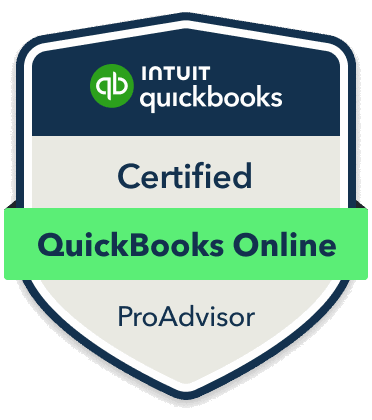
At its core, an external audit is an independent examination of financial statements and related operations conducted by a qualified auditor who is not part of the organization being audited. This process ensures that the financial statements are accurate, reliable, and comply with applicable laws and regulations.
The role of external auditors extends beyond merely verifying numbers; they provide valuable insights into the auditing process that can enhance transparency and trustworthiness in financial reporting.
External auditors help organizations mitigate issues before they escalate by assessing internal controls and identifying potential risks. This practice not only safeguards stakeholders’ interests but also strengthens overall corporate governance.
Types of Businesses Required to Conduct External Audits
Certain types of businesses are mandated to conduct external audits to ensure transparency and accountability.
Public companies are required to undergo external audits as part of their commitment to shareholders and the public. This process not only enhances credibility but also helps in maintaining investor confidence.
Private limited companies are required to undergo external audits. Also, they may also find it beneficial—and sometimes necessary—to engage in external audits as these audits can provide an objective assessment of financial health, thus fostering trust among partners and clients.
Non-profit organizations are not exempt from this requirement either. Many funding bodies and grant providers require non-profits to conduct external audits to ensure that funds are being used appropriately and effectively. This level of scrutiny can open doors for more substantial funding opportunities while ensuring compliance with regulatory requirements.
Ultimately, businesses needing an external audit should recognize it as an opportunity rather than a burden. It serves as a vital tool for enhancing operational efficiency and strengthening stakeholder confidence in their financial practices.
The Key Reasons Why Organizations Must Perform External Audits
One of the primary benefits of conducting external audits is ensuring compliance and regulation adherence.
Also, external audits significantly improve transparency within an organization. By providing an independent assessment of financial statements and operational practices, stakeholders gain a clearer understanding of the organization’s performance and integrity. This transparency fosters trust among investors, customers, and employees alike.
Most importantly, external audits play a crucial role in risk assessment and management. By identifying potential vulnerabilities or inefficiencies within operations, organizations can proactively address these issues before they escalate into larger problems. This not only safeguards assets but also enhances overall organizational resilience.




